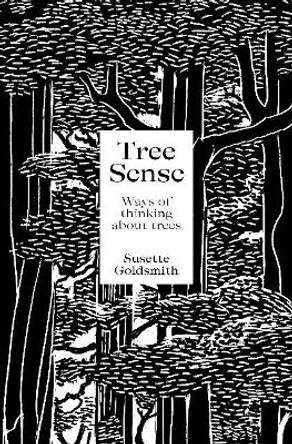Phylogenetics emerged in the second half of the nineteenth century as a speculative storytelling discipline dedicated to providing narrative explanations for the evolution of taxa and their traits. It coincided with lineage thinking, a process that mentally traces character evolution along lineages of hypothetical ancestors. Ancestors in Evolutionary Biology traces the history of narrative phylogenetics and lineage thinking to the present day, drawing on perspectives from the history of science, philosophy of science, and contemporary scientific debates. It shows how the power of phylogenetic hypotheses to explain evolution resides in the precursor traits of hypothetical ancestors. This book provides a comprehensive exploration of the topic of ancestors, which is central to modern biology, and is therefore of interest to graduate students, researchers, and academics in evolutionary biology, palaeontology, philosophy of science, and the history of science.
Exploration of the history and current practice of phylogenetics as a storytelling discipline that provides explanations for character evolution.About the AuthorRonald A. Jenner is Principal Researcher in the Department of Life Sciences at the Natural History Museum, London. His research focuses on animal phylogenetics, body plan evolution, the evolution of venoms, and conceptual issues in systematics. He has published extensively in the primary literature and co-authored Venom: The Secrets of Nature's Deadliest Weapon (The Natural History Museum, 2017).
Reviews'Recommended.' E. Delson, Choice
Book InformationISBN 9781107105935
Author Ronald A. JennerFormat Hardback
Page Count 398
Imprint Cambridge University PressPublisher Cambridge University Press
Weight(grams) 1090g
Dimensions(mm) 260mm * 208mm * 23mm









